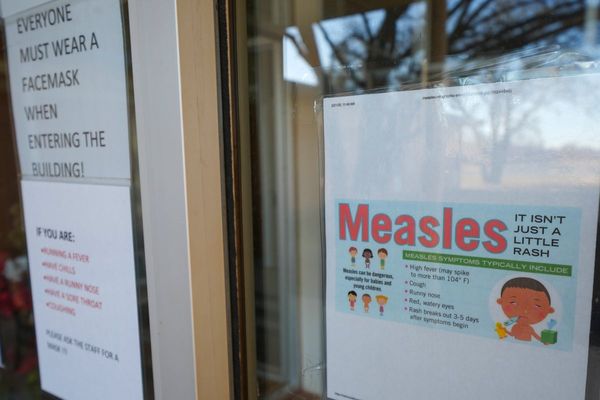
A Washington-based criminal justice reform group says Illinois’ “extreme” sentencing practices have resulted in a nearly fourfold increase in the state’s prison population since the early 1970s.
Many of those inmates are elderly, and more than 60% of the people in Illinois serving life sentences or prison terms of 15 to 40 years are Black even though African Americans make up less than 15% of the state’s population, FAMM says in a report being released Thursday.
In 2020 and 2021, with the COVID-19 pandemic posing a particular risk to those in the close quarters of prison, Illinois authorities reduced the prison population by commuting sentences, paroling inmates and refusing to accept all convicted criminals from county jails.
In 1970, 7,326 inmates were in the prison system. The population hit a peak in 2013 with nearly 50,000 inmates. By the end of 2019, though, the population had fallen to 38,145 and to 27,857 by the end of 2021, according to Illinois Department of Corrections records.
The FAMM report says the decrease in the overall prison population over the past decade “mostly left behind older individuals and people who have already served many years, groups that present a low risk of reoffending.” Illinois spends more than $300 million a year to incarcerate people who have served at least 15 years.
The group’s recommendations include repealing the state’s mandatory sentences and enhancements, making those reforms retroactive, rolling back “truth-in-sentencing” laws that limit how much time inmates can be released early for good behavior and reinvesting the savings it says would come from taking those steps in services for crime victims and programs for inmates reentering society.
Last year, Gov. J.B. Pritzker signed a sweeping criminal justice law whose key provision will do away with the state’s cash bail system in 2023.
But there’s not much appetite for more big criminal justice reforms this election season. Republicans and Democrats have both pointed to candidates in the opposing parties as being soft on crime as violence rose steeply in Chicago and other parts of the state in recent years. As a result, bold measures such as those proposed by Families for Justice Reform aren’t likely to gain much traction this year in Springfield, some legislators say.







